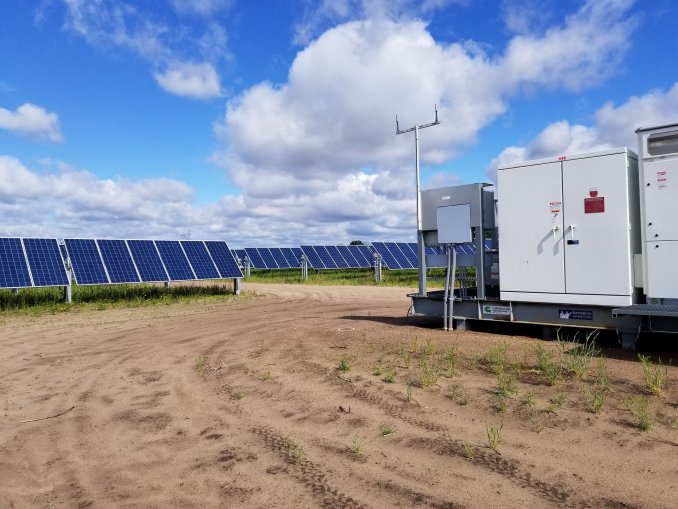String Inverter vs. Microinverter: Pros and Cons to Consider
June 8, 2024

Solar panels are becoming increasingly popular for residential and commercial use, and it is essential to choose the right inverter for your solar energy system. The inverter is responsible for converting the direct current (DC) produced by the solar panels into alternating current (AC), which is used to power homes and businesses. There are two types of inverters: string inverters and microinverters. In this article, we will discuss the pros and cons of string inverter vs. microinverter.
String Inverter
A string inverter is a central inverter that is responsible for converting the DC power generated by a group of solar panels into AC power. The solar panels are connected in a series, or string, to the inverter, and the inverter converts the DC power into AC power that can be used to power homes and businesses.
Pros of String Inverter
- Cost-effective: String inverters are less expensive than microinverters, making them an attractive option for those who want to save money.
- Efficient: String inverters are highly efficient and can convert up to 98.5% of the DC power into AC power.
- Simple to Install: String inverters are easy to install, and the installation process is straightforward.
- Low Maintenance: String inverters require very little maintenance, making them a low-maintenance option for solar energy systems.
Cons of String Inverter
- Single Point of Failure: If one panel in the string fails, it can affect the entire string, reducing the energy production of the entire system.
- Performance can be affected by shading: If one panel in the string is shaded, the performance of the entire string can be affected.
- Limited Design Flexibility: String inverters are limited in their design flexibility, as the solar panels must be connected in a series.
Also Read: Buying a House with Solar Panels: A Comprehensive Guide
Microinverter
A micro inverter is a small inverter that is installed on each solar panel. The microinverter converts the DC power generated by each panel into AC power that can be used to power homes and businesses.
Pros of Microinverter
- Increased Energy Production: Microinverters can increase the energy production of a solar energy system by up to 25%, as each panel is optimized for maximum performance.
- Increased Design Flexibility: Microinverters are highly flexible in their design, as each panel operates independently of the others.
- Panel-Level Monitoring: Microinverters allow for panel-level monitoring, making it easier to identify and diagnose problems in the system.
- Higher System Uptime: Microinverters offer higher system uptime, as the failure of one panel does not affect the performance of the entire system.
Cons of Microinverter
- Higher Cost: Microinverters are more expensive than string inverters, making them a less attractive option for those on a budget.
- Increased Maintenance: Microinverters require more maintenance than string inverters, as there are more inverters to maintain.
- Lower Efficiency: Microinverters are less efficient than string inverters, with a maximum efficiency of around 96%.
Conclusion
Both string inverters and microinverters have their pros and cons, and the choice between them will depend on your specific needs and budget. If you are looking for a cost-effective and low-maintenance option, a string inverter may be the right choice for you. However, if you are looking for increased energy production and design flexibility, a microinverter may be the better choice.
FAQs
- What is a string inverter? A string inverter is a central inverter that converts the DC power generated by a group of solar panels into AC power.
- What is a microinverter? A micro inverter is a small inverter that is installed on each solar panel and converts the DC power generated by each panel into AC power.
- Which is better, a string inverter or a micro inverter? The choice between a string inverter and a microinverter depends on your specific needs and budget. String inverters are a cost-effective and low-maintenance option, while microinverters offer increased energy production and design flexibility.
- Can I use both string inverters and microinverters in my solar energy system? Yes, it is possible to use both string inverters and microinverters in a solar energy system. This is known as a hybrid inverter system and offers the benefits of both types of inverters.
- How do I choose the right inverter for my solar energy system? When choosing the right inverter for your solar energy system, you should consider factors such as your energy needs, budget, and design preferences. It is also important to work with a qualified solar installer who can help you choose the right inverter for your system.
